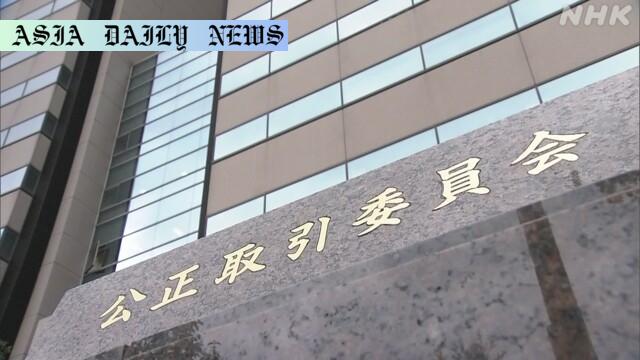Antitrust: Japan regulator warns Tokyo hotels against unfair pricing conduct caused by information sharing among operators.

Japan’s Fair Trade Commission: A Closer Look at the Warning
The Japan Fair Trade Commission (JFTC), the nation’s antitrust watchdog, has taken a definitive step to ensure fair competition among some of Tokyo’s top hotel operators. Concerns have risen about potential anticompetitive practices stemming from regular information-sharing among 15 prominent hotels in Tokyo, including The New Otani, The Imperial, and The Okura. The JFTC aims to issue a warning directed at these hotels to stop exchanging sensitive data that could distort competition in Tokyo’s hospitality market, especially as room prices soar post-pandemic.
Reports indicate that these hotels’ representatives met monthly, a practice believed to have persisted for decades. During these meetings, critical information about occupancy rates, pricing trends, and rate-setting policies was allegedly exchanged. Although no direct evidence of cartel-like coordinated, simultaneous rate hikes was discovered, some hotels reportedly set prices influenced by the shared data, raising concerns about the ripple effects. The commission suspects such practices could lead to unfair competition and artificially inflated prices, already problematic after the surge in post-pandemic tourism.
Behind the Soaring Hotel Prices in Tokyo
The recent rise in Tokyo’s hotel room pricing post-pandemic has brought increased scrutiny to the hospitality sector. As the number of international and domestic visitors significantly grows, accommodation costs have skyrocketed, placing a financial burden on travelers. This has raised fears that hoteliers may leverage confidential data exchanges to further amplify the already heightened room rates, impacting market dynamics and consumer choice.
The JFTC appears to recognize the necessity of swift action to curb such potentially detrimental practices. Presently, the warning merely serves as a preventive measure, ensuring that pricing transparency and fairness prevail. However, this development highlights broader questions of corporate ethics, regulatory vigilance, and the thin line separating information-sharing from collusion.
Potential Implications for Tokyo’s Hospitality Market
If unchecked, pricing collaboration—or even the exchange of innocuous-seeming operational data—could erode long-term market stability. Tokyo, often regarded as a premier tourist destination, partly derives its allure from competitive accommodation pricing. Practices that deviate from this status quo could harm consumer trust and the broader travel industry in this region. Additionally, legal precedents could emerge from the JFTC’s actions to guide better industry practices in the future.
The warning serves not only as a cautionary tale for Tokyo but also as a signal for hospitality operators globally. In an era of increasing demand for economic fairness and transparency, ensuring antitrust compliance is critical for maintaining a healthy business ecosystem. As the JFTC intensifies its regulatory focus, one anticipates a wider re-evaluation of the relationship between competition laws and operational practices.
Commentary
The Ethical Implications of Information Sharing
The decision by the Japan Fair Trade Commission to warn Tokyo’s major hotels of antitrust violations is a crucial step toward preserving the integrity of the hospitality industry. While businesses rely on market insights to make competitive decisions, the boundary between competitive intelligence and exclusive advantage must be carefully safeguarded. What transpired among these 15 Tokyo hotels—decades of sharing occupancy stats and rate-setting strategies—is not uncommon in similar industries. However, the blurred lines between collaboration and collusion demand nuanced understanding and oversight.
Addressing Consumer Concerns Amid Rising Rates
The visitors who flock to Tokyo, especially in the wake of eased COVID-19 travel restrictions, depend on the fair availability of accommodations services. The rising costs associated with room bookings, compounded by information-sharing practices, directly impact the average traveler. Whether or not there was explicit price-fixing resulting from the monthly meetings, any indirect influence poses a real challenge to customers. Market forces should naturally drive pricing based on demand and conditions rather than clandestine exchanges of internal metrics. Correcting this practice will contribute to safeguarding customer trust amid a competitive and volatile hospitality industry.
The Long-Term View for Antitrust Practices
As the JFTC pursues further investigations and takes regulatory actions, companies will need to adapt to stricter expectations on transparency and fairness. For the hotel operators involved, this warning is both a wake-up call and an opportunity to innovate in their pricing and marketing strategies. By focusing on unique selling propositions instead of engagement in questionable practices, the hospitality leaders of Tokyo can reclaim traveler confidence and best serve both customers and their revenue goals.


